In the world described in Avatar: The Last Airbender, there are two main classes of people — the aggressors and the oppressed. However, even within various communities tribes, there is a stratification, separating people according to class. Sometimes literally, as with regal titles; other times in terms of how much influence they exert.
Of course, being assigned a specific status by society does little to hold these characters back. In fact, it can be argued that those who fight against the Fire Nation during the Hundred Year War seek nothing more than to topple the scales of hierarchy, restoring balance and equality to the world and its peoples. Before the end, though, the distinctions are quite clear.
10 Prince Zuko
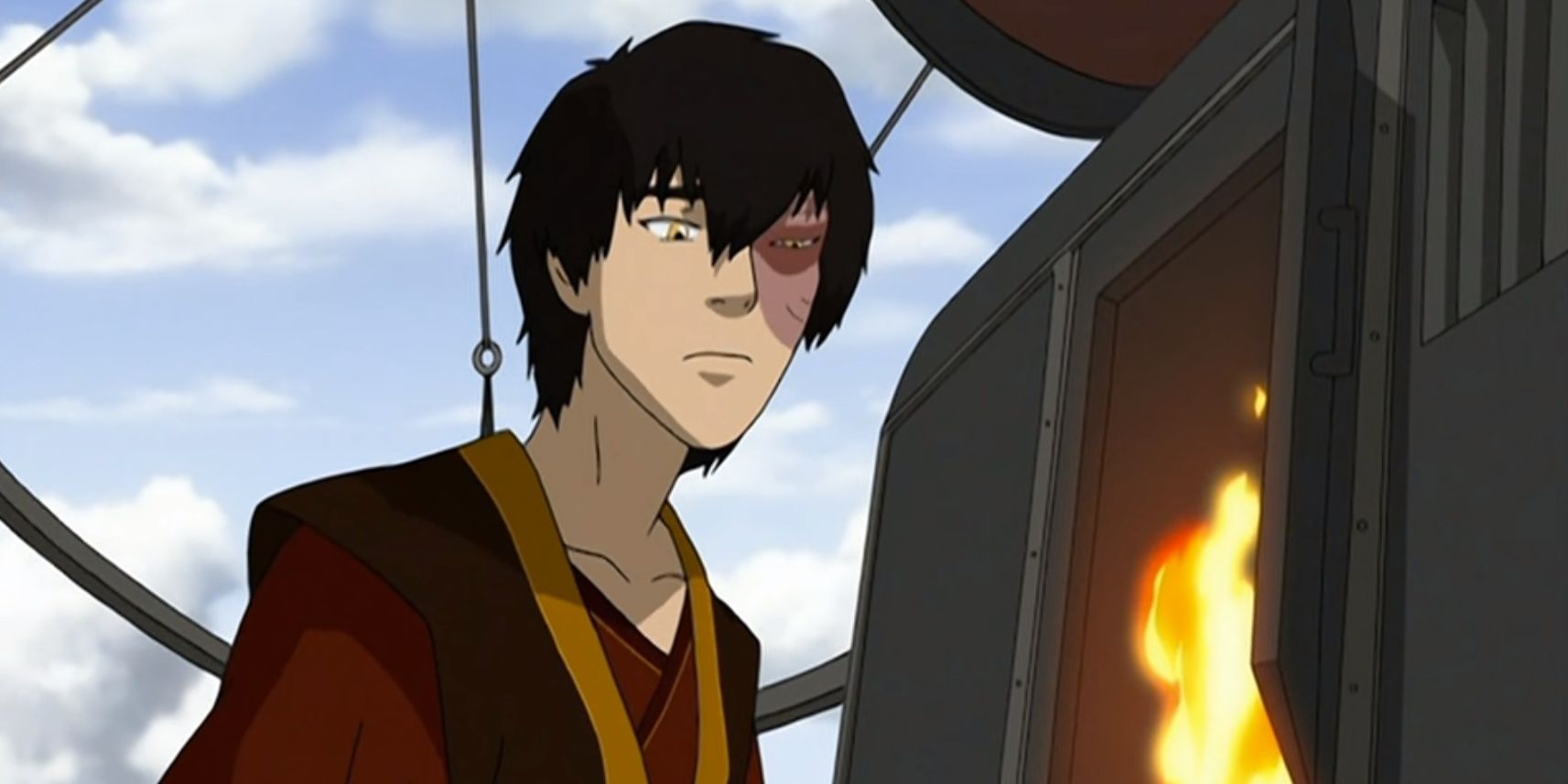
The title of Prince is merely in-name alone because Zuko's "crime" of speaking up against his father has him stripped of every honor imaginable (which is why, of course, he strives so hard to regain it.) He imperiously orders people around well into his banishment but is often mocked for his audacity.
He has a single warship and its meager crew in the beginning, but that is also lost when he and Iroh choose to turn their backs on the Fire Nation. Interestingly, Zuko ends up as one of the most high-status characters in the show.
9 Suki
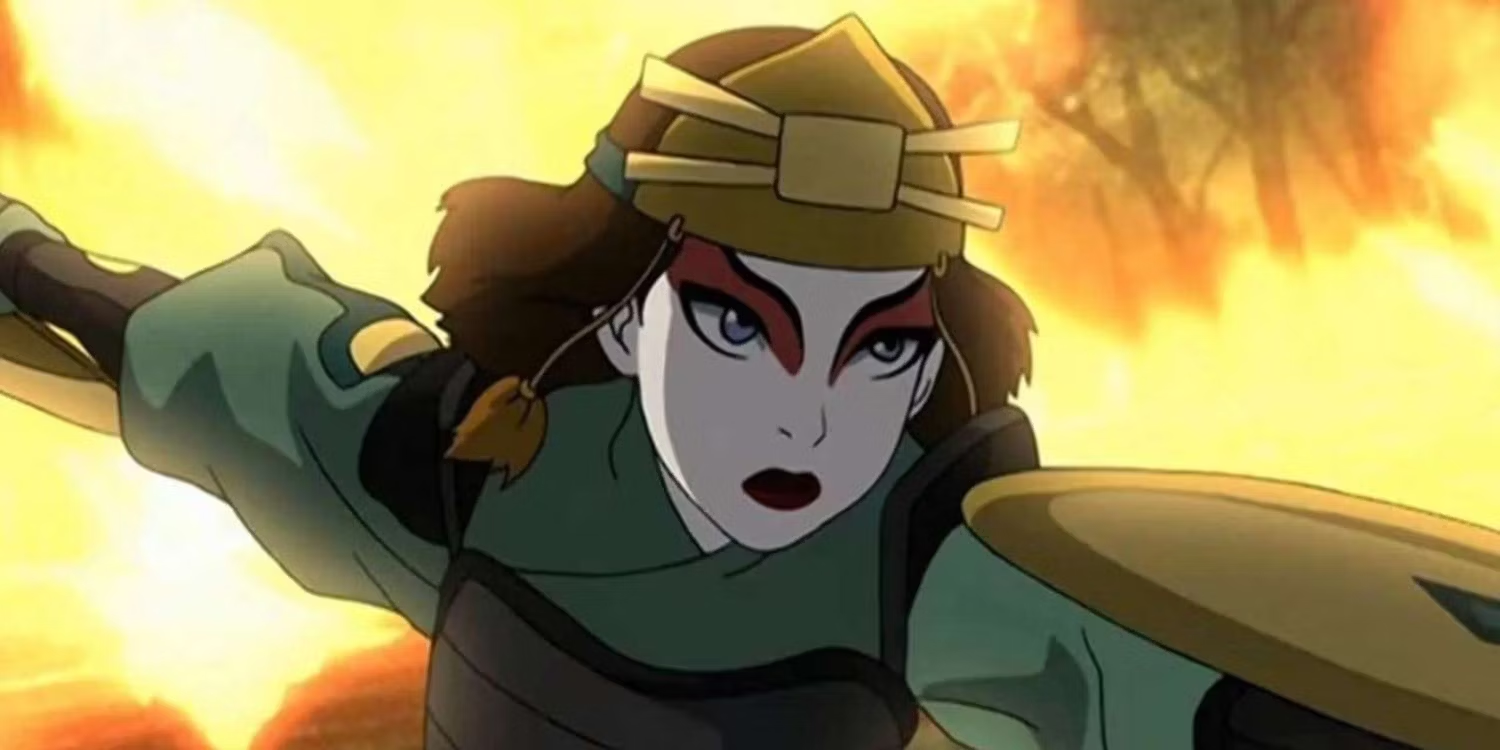
Suki, as an inhabitant of the tiny island of Kyoshi, doesn't have a lot to her name. She does, however, lead the Kyoshi Warriors, an initially secluded group of fighters who don't do much other than practice their skills in their free time.
Suki may have become an unofficial member of Team Avatar, but in general, she lacks the screen presence to be one of the more important characters. At least she doesn't take her social position to heart, given that her personality brims with confidence and determination.
8 Uncle Iroh
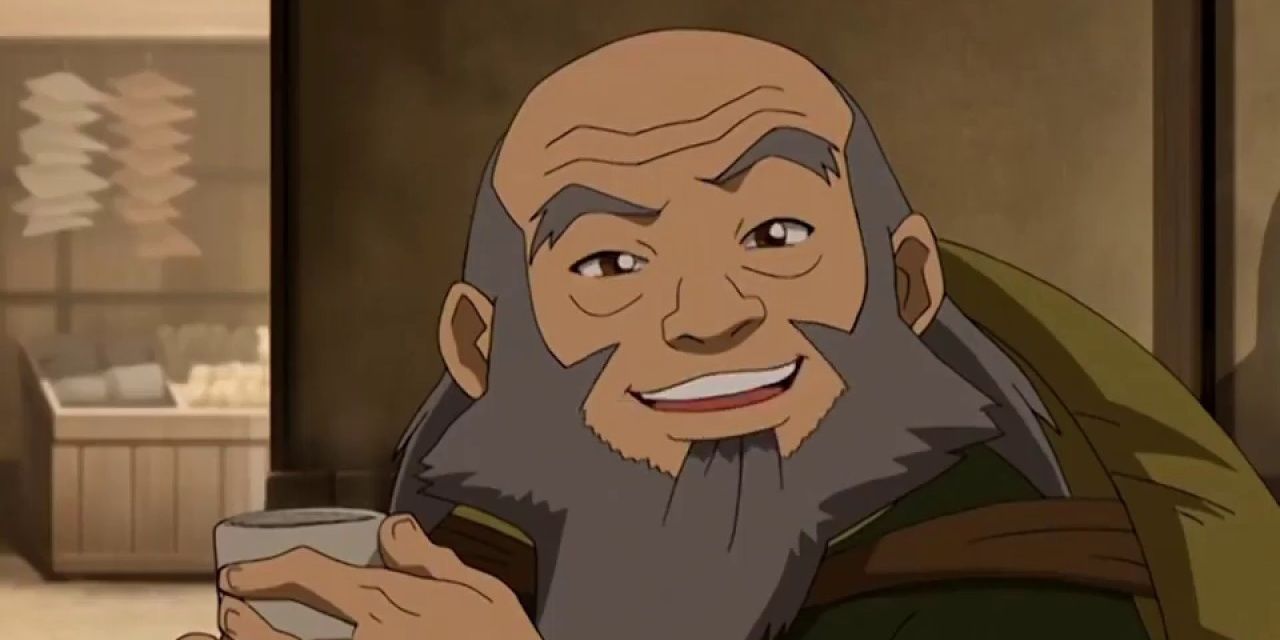
As bizarre as it sounds, Iroh ranks rather low on the Avatar totem-pole, but it must be stated that this is due to his own choices. He permits his younger brother to usurp his throne, unable to find himself to care for the citizens of the Fire Nation after the successive deaths of his son, Lu Ten, and father, Azulon.
Iroh finds himself happiest running a tea-shop, proving that it is as important to indulge in life's simple pleasures as it is to run around trying to save the world. In the comics, he calls the Fire Nation a "dreadful place", and wonders why he had ever dreamed of ruling it.
7 Katara & Sokka
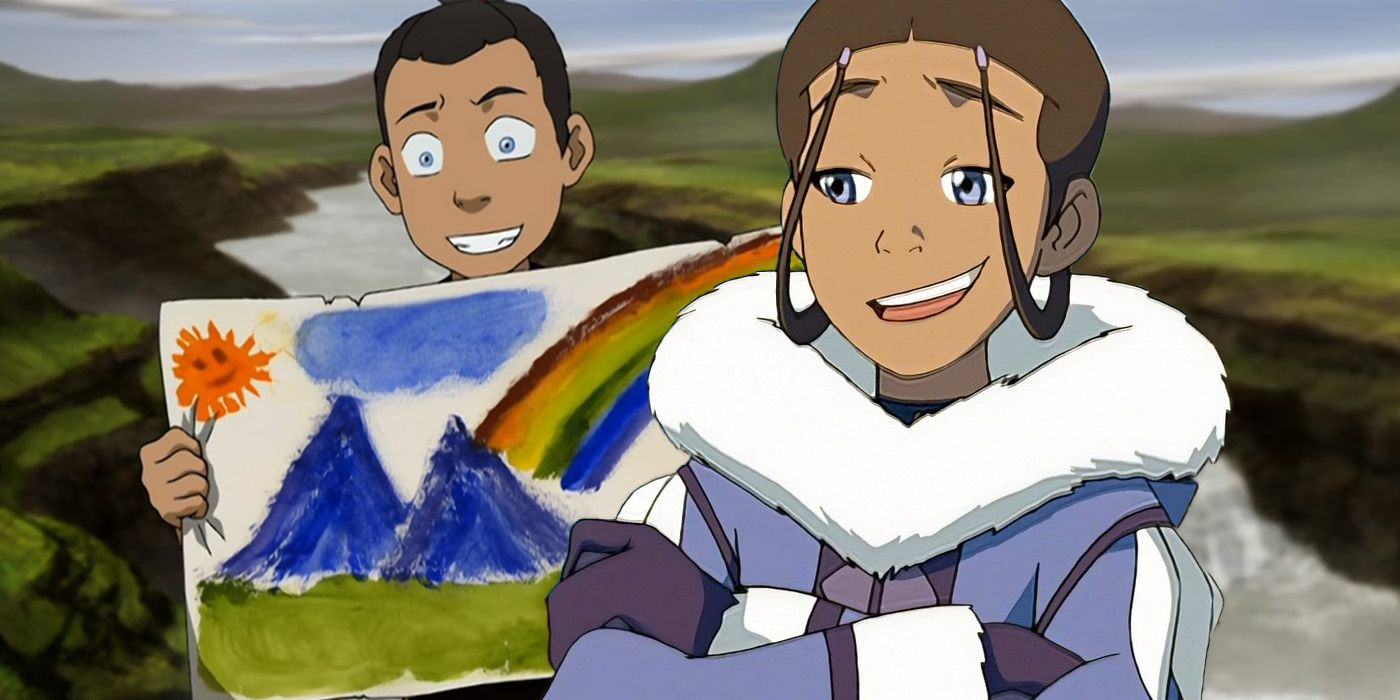
Sokka and Katara are the two children of Hakoda, the former chief of the Southern Water Tribe, which automatically gives them considerable amounts of political leverage (not that they put any of it to use until much later, like when Sokka dons the mantle of his father.)
In the context of the Avatar's journey, their roles cannot be underestimated — it can be argued that their presence is absolutely essential to Aang's ultimate victory.
6 Toph Beifong
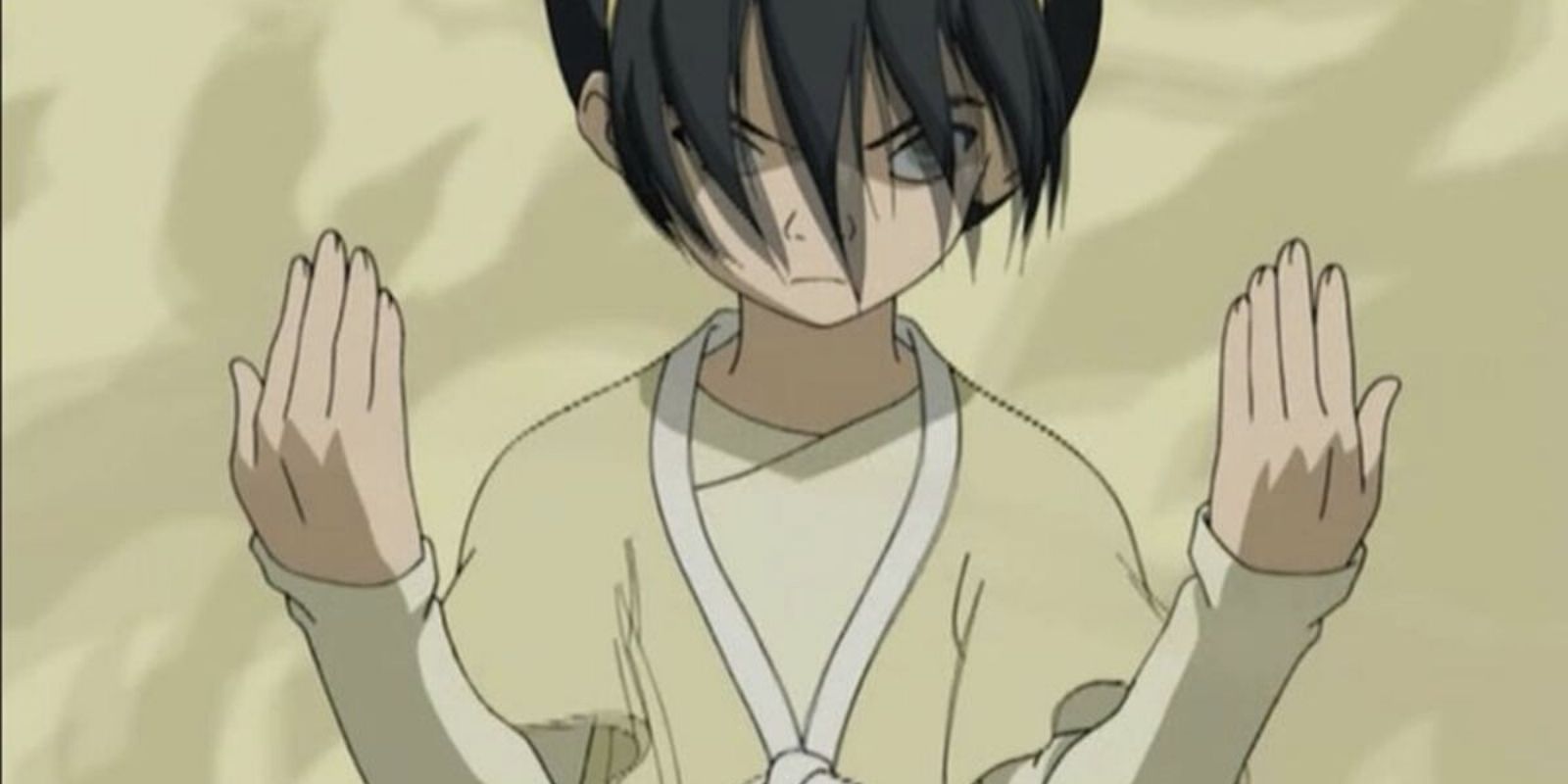
Being the only child, and heir, of the extremely famous and distinguished Beifong family, rubs off on Toph. For instance, she doesn't see anything wrong with using her private passport to score ferry tickets for Team Avatar.
In fact, the person at the counter almost trembles in fear and excitement at having met someone so illustrious. However, Toph doesn't give care about her family's status, preferring to live like a wild-child, instead.
5 Princess Yue
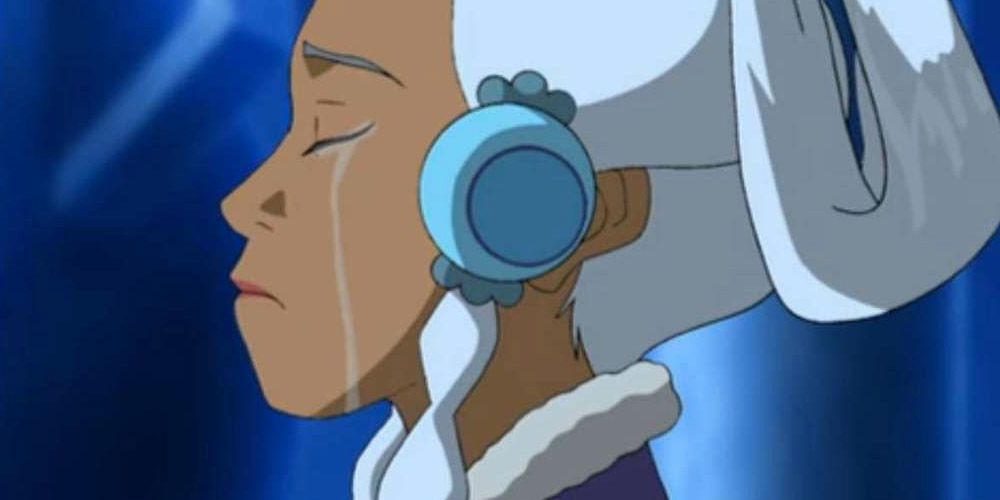
What's strange about the politics of the Northern Water Tribe is that any daughter born to the chief is automatically referred to as a princess, albeit a tribal one. This is not reflected in its southern counterpart, or there would have been Princess Katara (Sokka tries to call himself a prince but gets laughed at.)
In any case, Yue's position among her people is considerably important, but she is unfortunately bound by sexist marriage laws. Still, she gets to keep a retinue of servants to follow her around and presumably do her bidding.
4 King Bumi
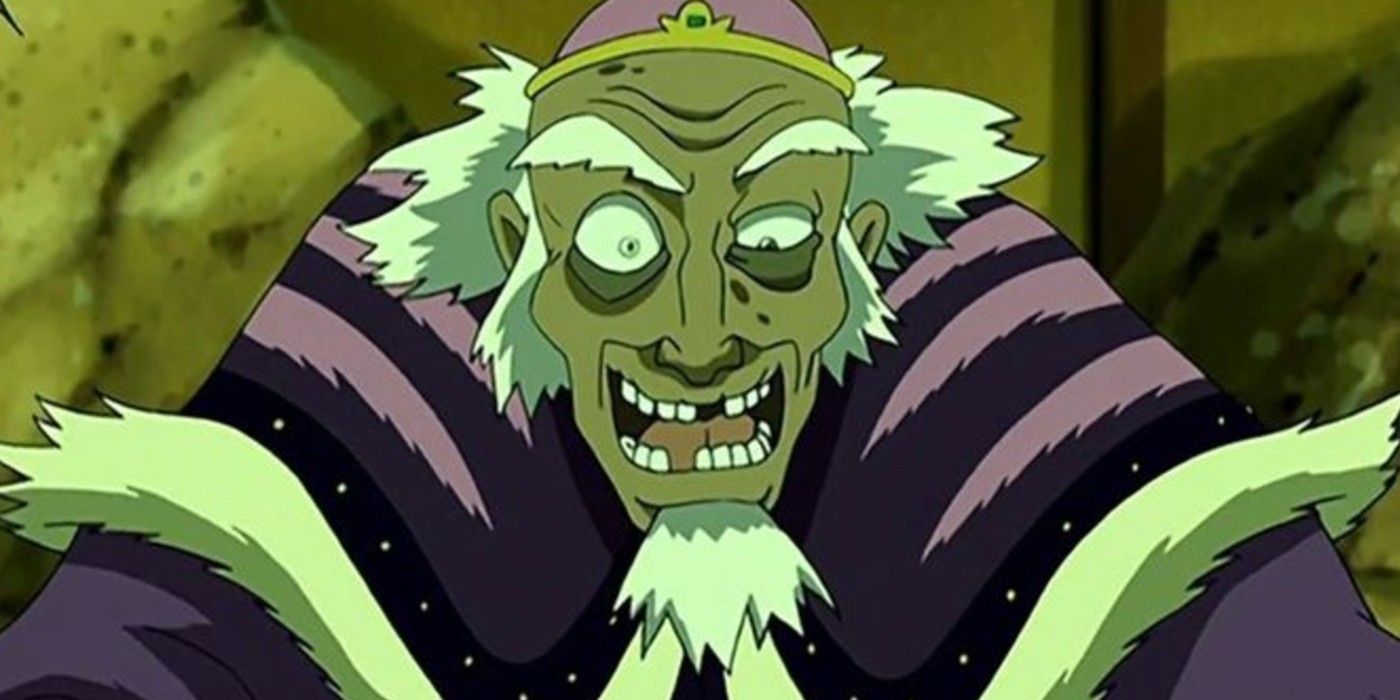
It is unknown how an eccentric like Bumi is crowned the King of Omashu, but the fact remains that his royal position is valid. He has access to the entire military force of his nation, not to mention overseeing any disputes that occur among his citizens (like the Cabbage Merchant.)
Bumi's Earthbending genius aside, it is his eerie calmness in the most stressful of situations that lend him his strength — but his refusal to act at the instant sign of danger has the side-effect of annoying his assistants and courtiers.
3 Princess Azula
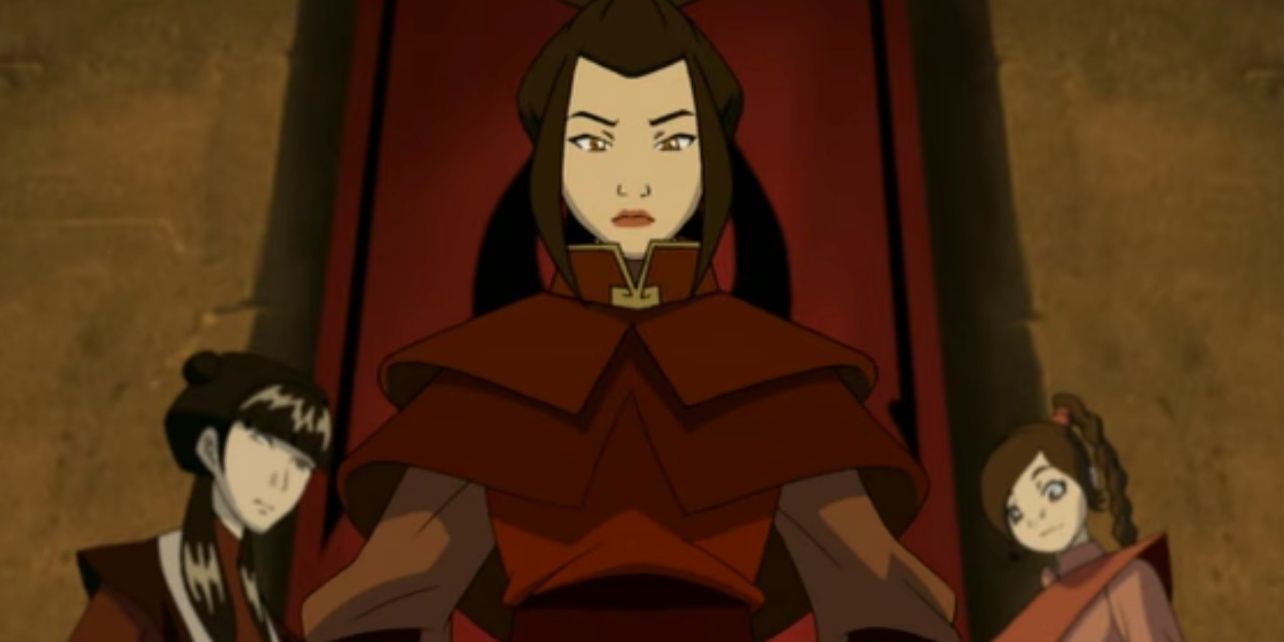
Ozai cherishes his daughter Azula, seeing a young version of himself in her, and consequently grants her a vast range of administrative and martial powers (with very little supervision, if any.)
The Fire Nation princess goes about her duty in her own ruthless manner, but her consistency at producing results allows her to maintain her various privileges. Azula travels in a palanquin, for one, and, right before she is institutionalized by her brother, is promoted to interim Fire Lord.
2 Avatar Aang
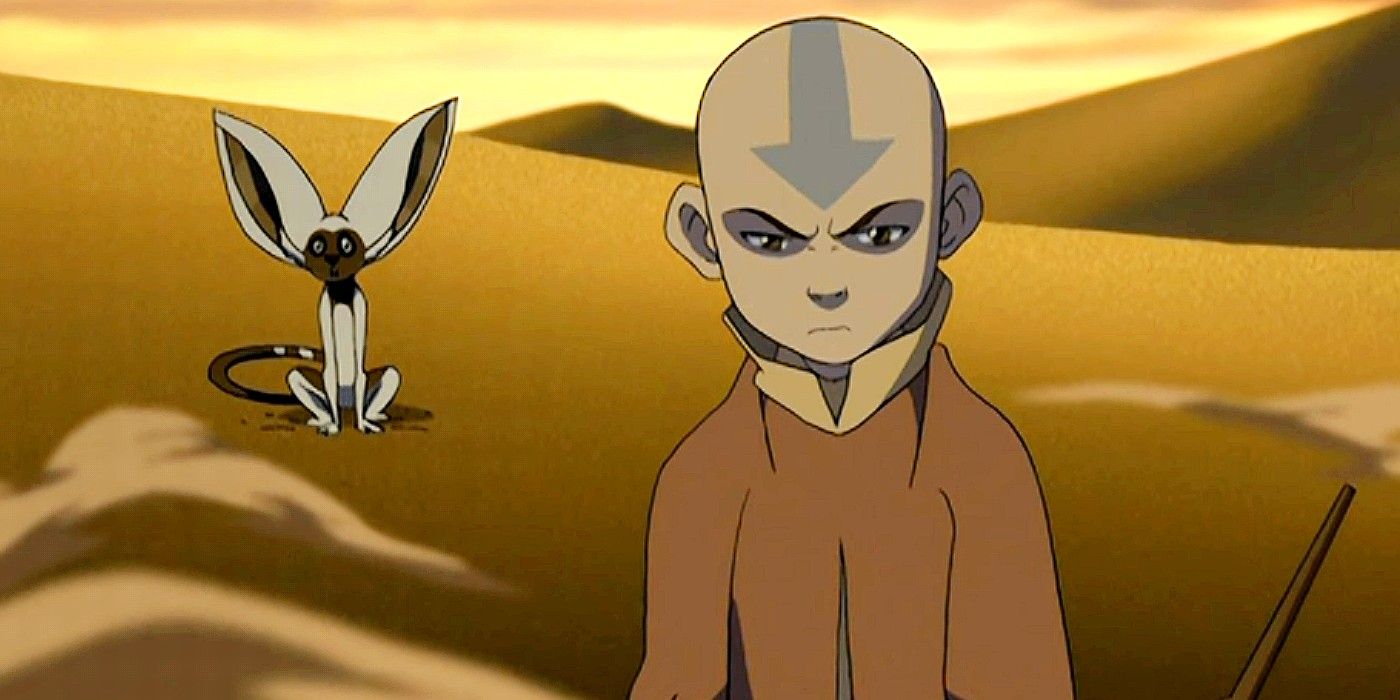
Theoretically, the Avatar is expected to be the most important individual in the entire world, surpassing royalty by a mile. Their job, assigned to them by chance, is to ensure that the four nations do not fall apart, whether through internal or external conflict.
Aang, however, is too young to be able to fully wield his responsibilities, but his efforts are recognized and appreciated by anyone he comes into contact with. Although he isn't the most influential character in the story, Aang is certainly the most celebrated.
1 Fire Lord Ozai
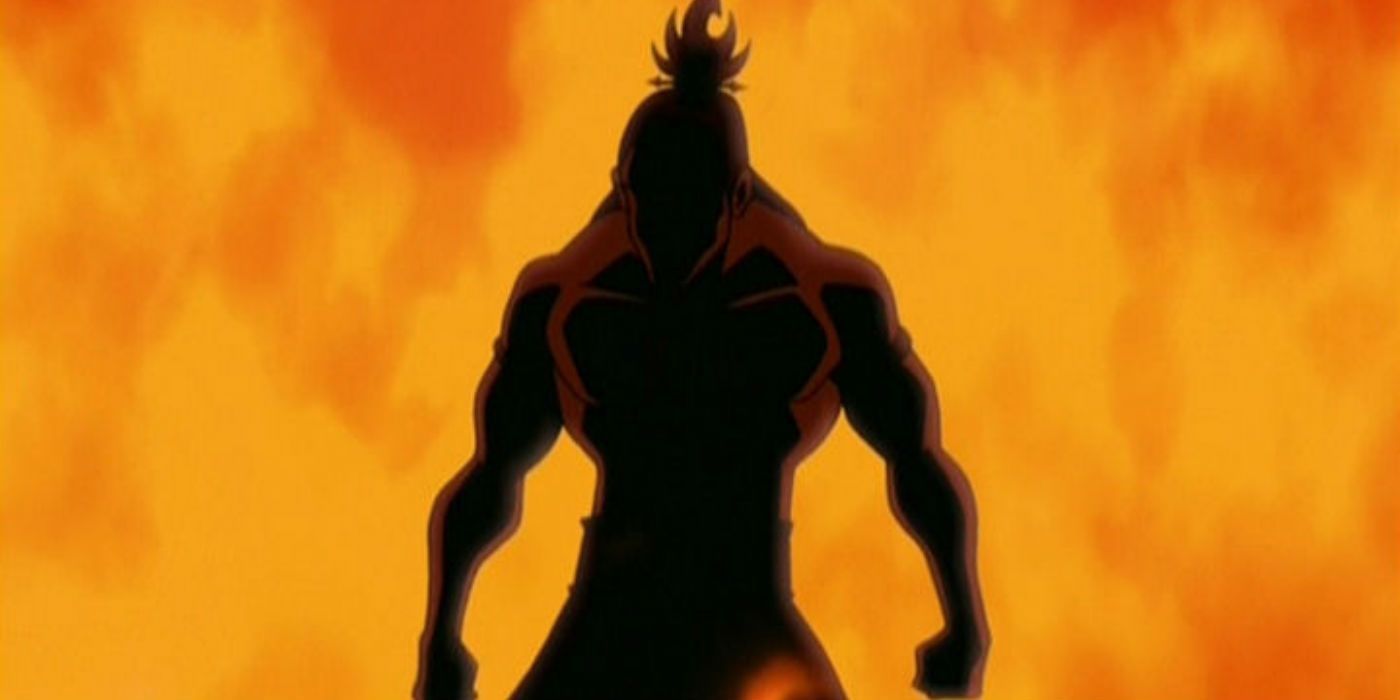
The Fire Lords during the Hundred Year War — Sozin, Azulon, and Ozai — are free of the Avatar's guiding authority, which means they can manipulate anyone however they see fit.
And they do: Sozin's Air Nomad genocide shakes the very roots of the world, Azulon's Earth Kingdom campaigns extend the geographic might of the Fire Nation, and Ozai triumphs over Ba Sing Se and Omashu (via Azula). Most importantly, Ozai's leadership skills and strategic planning nearly spell the end of the Avatar cycle.
from ScreenRant - Feed https://ift.tt/3eHKMgZ
https://ift.tt/3qMhEaN
Comments
Post a Comment